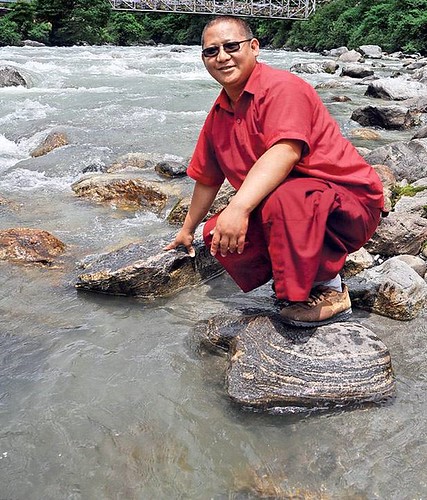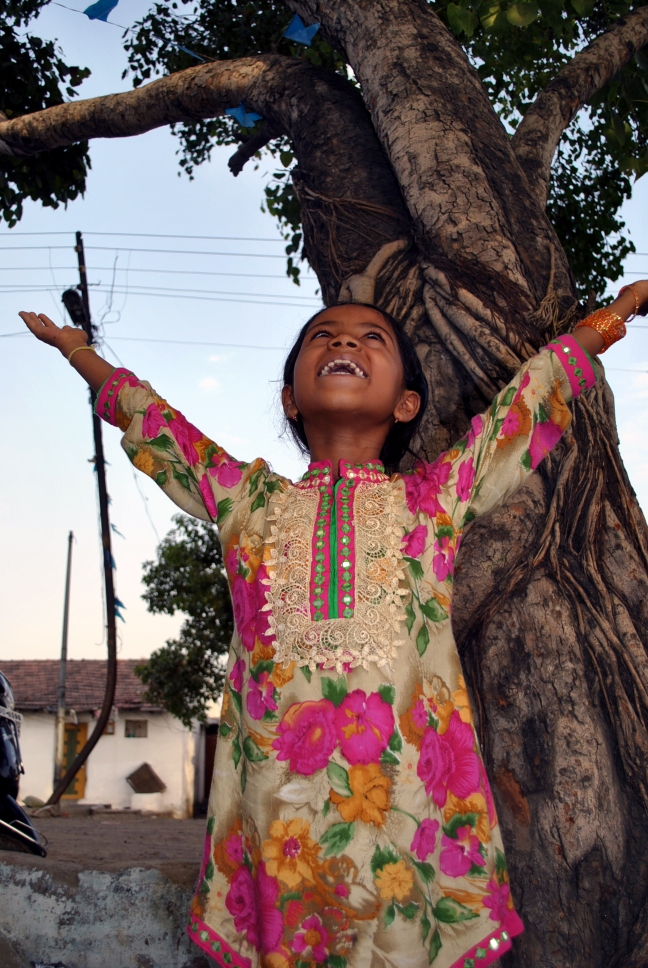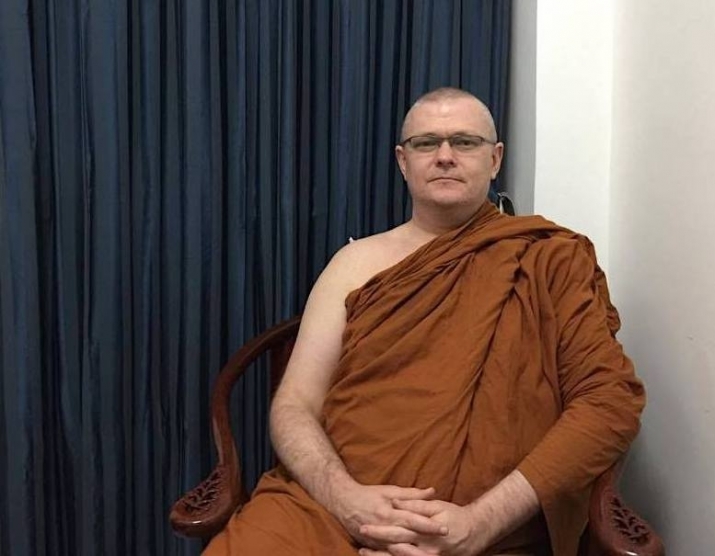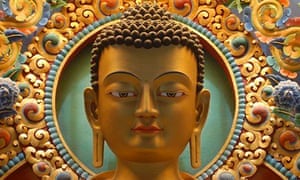by Dave Stewart, The Guardian.pe, December 17, 2016LITTLE SANDS, P.E.I. (Canada) -- P.E.I. Buddhist monks and nuns don’t observe Christmas, but they are still making plans to don their Santa hats.  The Great Enlightenment Buddhist Institute Society (GEBIS) and the Great Wisdom Buddhist Institute (GWBI) both plan on embracing the spirit of giving as a way to thank Islanders for all their generosity. The Great Enlightenment Buddhist Institute Society (GEBIS) and the Great Wisdom Buddhist Institute (GWBI) both plan on embracing the spirit of giving as a way to thank Islanders for all their generosity.The GEBIS monks have been on the Island for the past seven years while the GWBI nuns have been here for the past four years. |
 IJ: What’s most essential for a deeper engagement with the work of diversity and inclusivity?
IJ: What’s most essential for a deeper engagement with the work of diversity and inclusivity?


































